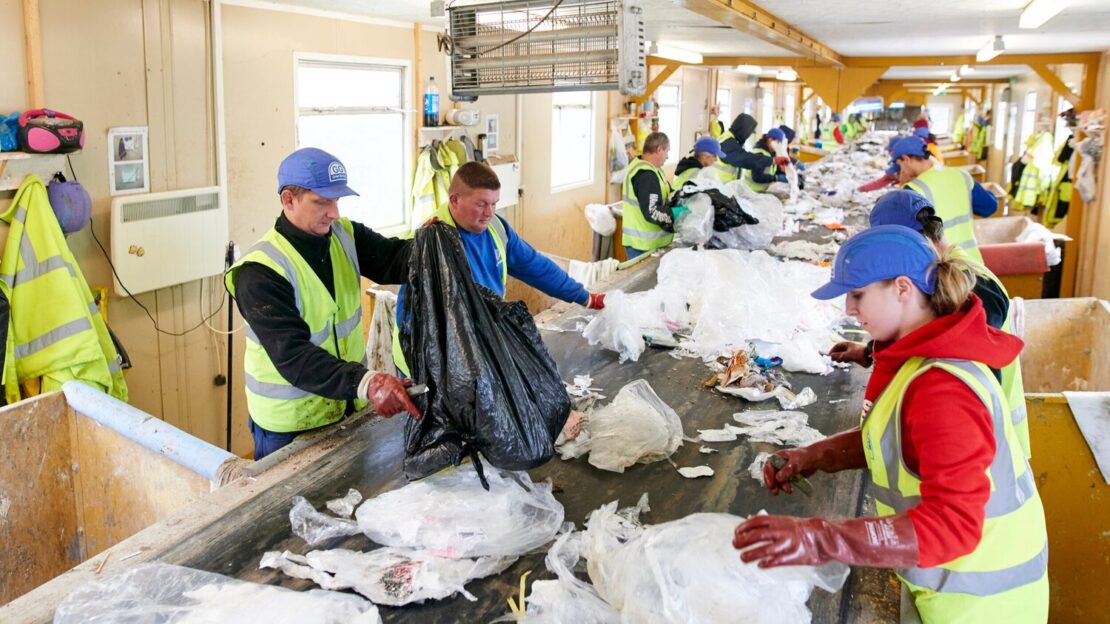Grist Environmental works with festivals and events to help them improve sustainability through the effective management of waste. In 2019 they worked with events such as Camp Bestival, End of the Road and Larmer Tree Festival to increase recycling rates and divert landfill destined waste to energy recovery – in each case recycling 57-59% of all waste sorted, and recovering the remaining waste.
Grist knows that the waste management process requires event organisers, waste contractors and the public to act together: To achieve this they work closely with event organisers to encourage the use of recyclable materials from the outset and to help set up onsite waste segregation systems that are designed to reduce the contamination of recyclable materials. Grist offers efficient waste collection and transportation with an added secondary sorting of collected waste streams leading to the re-use and recycling of waste materials and the diversion of non-recyclable and contaminated waste from landfill.
In 2019 Grist worked with event clients to implement back of house systems to reduce the contamination of the waste collected in order to improve recyclability. Segregating glass, food and cardboard resulted in an immediate increase in the quantity and quality of recyclable waste streams.
Grist is now working with the industry to tackle the issue of food waste contaminating recyclable material at events. Finding an effective front of house food waste collection system that can be adopted across the industry would dramatically increase recycling rates. Segregating food waste reduces contamination and increases the quality and quantity of recycling and also produces energy (electricity and syngas) through anaerobic digestion.

